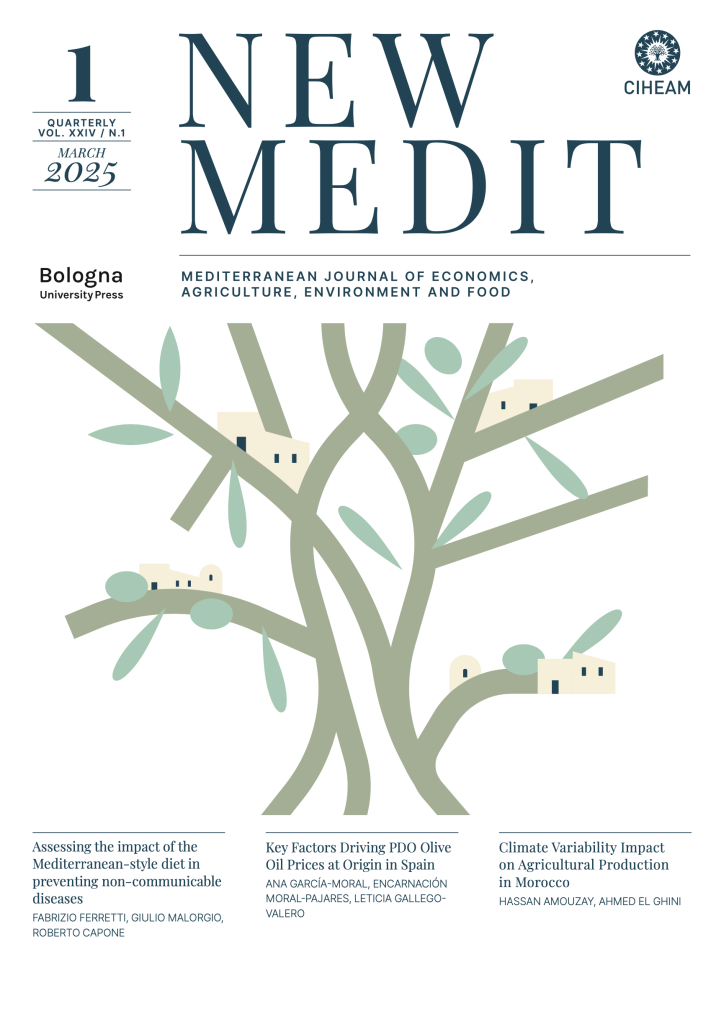Over last two decades, the research and evaluation paradigm in agri-food sector has shifted towards comprehensive perspective called sustainable food system. The heavy pressure on earth bio-capacity and massive environmental externalities, biodiversity loss, climate change impacts on agricultural supply and food security, food safety and health issues, and consumers’ cultural concern are major factors induced to change the perspective from agri-food supply chain to sustainable food system. Although the sustainable food system perspective has become important paradigm in researches and impact evaluation studies on agri-food system recently, the studies at this perspective are missing in Türkiye. The aim of this study is to fulfil this gap in literature and provide evidences for policy makers.
This study evaluates the food system and agri-food policies in Türkiye consisting of the state of the agri-food sector, historical evaluation of agri-foo policy transform, climate change policies and environment, rural development measures, agri-food policy impact studies, and the performance level of sustainable food system indicators. Türkiye initiated the process of transformation of food systems in 2019 with an aim “to create sustainable, resilient and equitable food systems”. National Program for Agricultural Support Policy is announced each year as a Presidency Decision. The scope of agricultural support measures and its relative importance in GDP has not considerable changed much for over three decades. Nevertheless, it has been observed a positive development in most of the sustainable food system indicators. However, especially food and nutrition indicators have not considerable improved and it has been even worsened in some subcategories during the last decade.
Although national policy agenda and documents cover the transition towards sustainable food system, monitoring-evaluation system and assessment of national agri-food policies considering sustainability dimension data and indicators is lacking.











